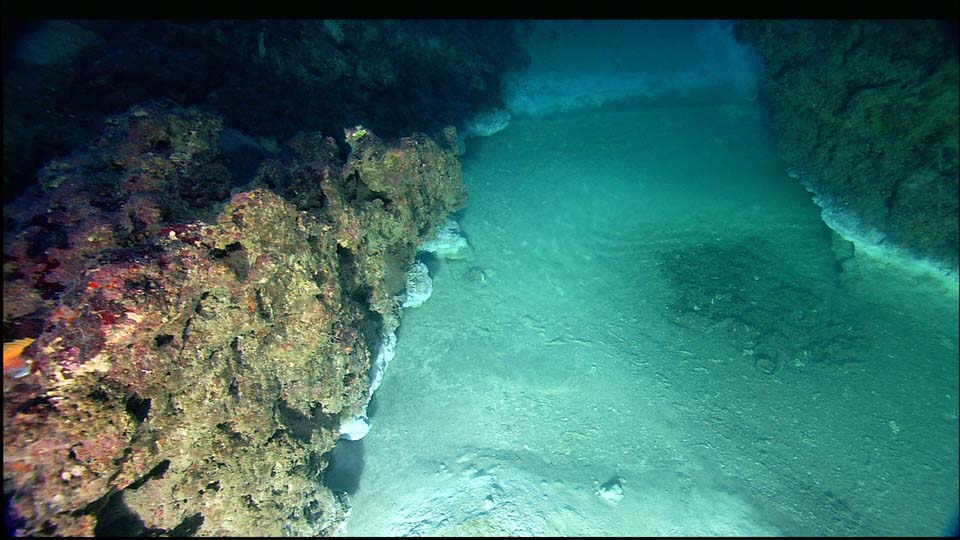why sea water is salty | smart educational learners | smart education for all

Salt in the ocean comes from rocks on land. The rain that falls on the land contains some dissolved carbon dioxide from the surrounding air. This causes the rainwater to be slightly acidic due to carbonic acid (which forms from carbon dioxide and water).
Why is the ocean salty?
Ocean salt primarily comes from rocks on land

Some areas of the ocean are saltier than others. This image shows methane mussels living at the edge of a underwater brine pool in a cavern at a depth of 650 feet in the Gulf of Mexico. The pool of brine in the foreground is nearly four times as salty as seawater and is so dense that a submarine can float on the pool (in fact, this photo was shot from a submarine).
Salt in the ocean comes from rocks on land.
The rain that falls on the land contains some dissolved carbon dioxide from the surrounding air. This causes the rainwater to be slightly acidic due to carbonic acid (which forms from carbon dioxide and water).
As the rain erodes the rock, acids in the rainwater break down the rock. This process creates ions, or electrically charged atomic particles. These ions are carried away in runoff to streams and rivers and, ultimately, to the ocean. Many of the dissolved ions are used by organisms in the ocean and are removed from the water. Others are not used up and are left for long periods of time where their concentrations increase over time.

Two of the most prevalant ions in seawater are chloride and sodium. Together, they make up over 90 percent of all dissolved ions in the ocean. Sodium and Chloride are 'salty.'
The concentration of salt in seawater (salinity) is about 35 parts per thousand, on average. Stated in another way, about 3.5 percent of the weight of seawater comes from the dissolved salts.
why sea water is salty | smart educational learners | smart education for all
![why sea water is salty | smart educational learners | smart education for all]() Reviewed by studytime
on
June 01, 2019
Rating:
Reviewed by studytime
on
June 01, 2019
Rating:



No comments